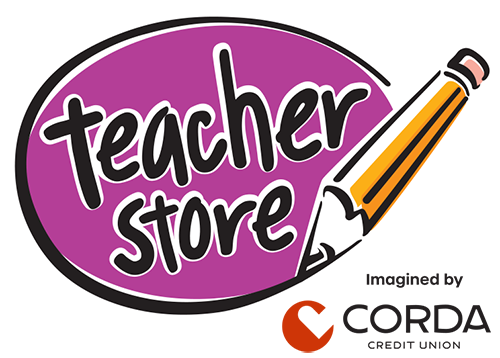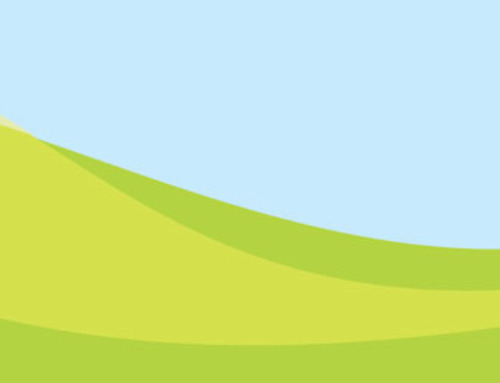Planning is Personal
By Carolyn Lyon James
An acquaintance of mine recently posted pictures on social media of all the meals she had prepared for the next month. She said how easy it was. You simply decide all the meals you want to prepare. Then you make lists of all the ingredients you’re going to need. Next, buy all the ingredients, including storage containers. Finally, set aside a weekend to prepare and freeze it.
I broke out into a cold sweat just thinking about all that preparation. I honestly think I even started to develop a bit of a rash. She had all her food perfectly labeled and organized in the freezer — each item visible with the label readable. And yes, her freezer was clean and lovely, without a speck of meat juice or ice crystals anywhere.
I cleaned out my freezer last summer after the derecho knocked out the electricity for eight days, and I had to throw most of the food away. My freezer looked great for about a month afterwards. My refrigerator did, too. The next time a storm knocks out our electricity for eight days, I’ll clean them again. For now, though, meal preparation is entirely based on my mood at the moment, and what ingredients I can find in my crowded and disorganized freezer.
It’s important to know that I do like to be prepared for emergencies. (Okay, I was not prepared for last year’s giant storm. But I’m better prepared for the next one.) And while I’m not great at planning out my meals for the next month, I am actually quite good at planning out my gardens. I like to keep them weeded, and I could spend my entire weekend digging, replanting, and pruning bushes and trees. The point is, we all have things that we feel are important to plan for, and we all have different approaches to how we will plan them.
I spent four years working in an elementary school. It was an exciting, eye-opening experience for me. One of the most important things I learned was that elementary school teachers have an amazing ability to color code everything! Notebooks, folders, writing utensils, file tabs. Virtually everything was color coded. It was simultaneously dizzying and brilliant. One teacher even used variously colored highlighters when making sub plans so the sub could coordinate the highlighted notes to the matching notebooks the children needed for that particular subject. Like I said, brilliant.
When I moved up to working at the middle-school level, everything changed. Color coding was replaced with a love of sticky notes. These were highly prized and heavily coveted. Almost every classroom had a minimum of three to five sticky notes affixed to the teacher’s computer. Most teachers had sticky notepads out on their desks as well, in case someone came in and needed to leave a note. The best sticky notepads were hidden away in the teacher’s desk somewhere, only to be brought out for special occasions.
And then came high school. The general feeling in high school is that if you can’t say it in an email, it probably isn’t worth saying. No color coding. And notes, even sticky ones placed on a computer screen, will just get lost.
Of course, there’s always the planner to help you get organized. When I did a little online research on how to pick out the perfect planner, I was inundated with articles explaining how to “pick a planner that’s right for you.” I even found a quiz to help with the selection. (According to the quiz, I should have a soft-bound portable planner with stickers and gel pens. Yes, actually, that sounds perfect for me.) Beware, though, most of the articles are sponsored, and will steer you towards a particular brand.
What are the benefits of having a planner? Aside from the obvious reasons, such as not forgetting important appointments or assignments, I found some more subtle benefits to using a planner. One of the greatest benefits is that with the whole week spread out before you, you can better see which events are most important and can prioritize accordingly. This has a twofold result: It helps you gain control of the tasks ahead, which keeps you from feeling overwhelmed. This, in turn, will help alleviate the stress that comes from feeling anxious and afraid of not fulfilling all your obligations.
Another benefit of having a planner is the satisfaction you get when crossing off a finished project. Science shows that you get a little dopamine boost each time you put a line through an item on your to-do list. Don’t take my word for it, though. Get a planner. Make some lists. And start crossing things off! Just make sure they are finished first.


